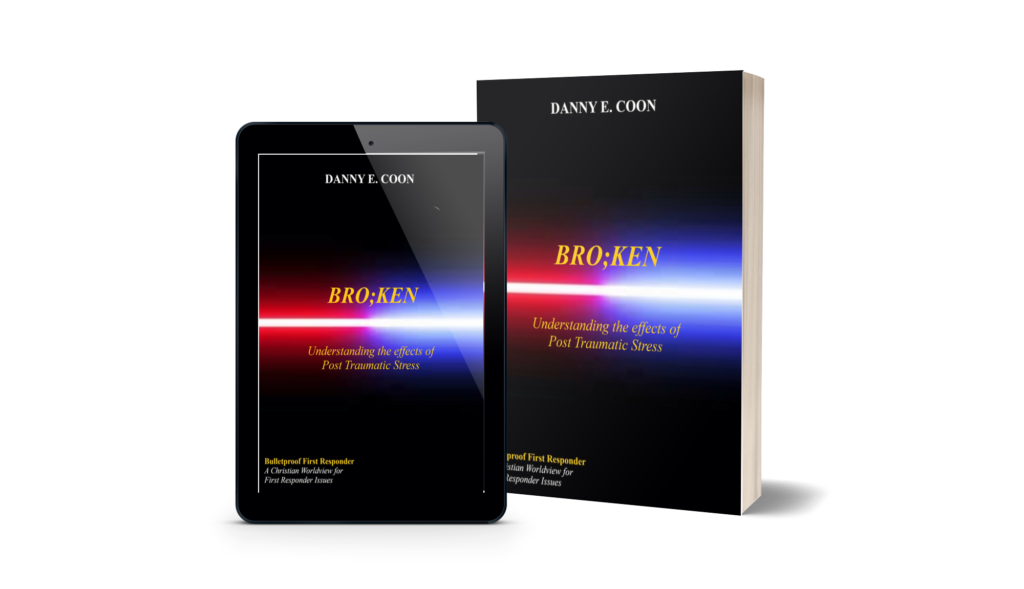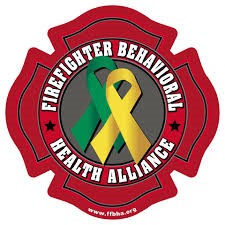Anger

Photo by Barth Bailey on Unsplash
Like happiness, sadness, anxiety, and disgust, anger is one of humanity’s primary emotions. It is a normal, even healthy emotion, but, left unchecked, it can be very destructive. According to Charles Spielberger, Ph.D., anger is “an emotional state that varies in intensity from mild irritation to intense fury and rage.” Like the other “basic” emotions, angriness causes physiological and biological changes; your adrenal glands start producing hormones to help regulate your increasing heart rate, blood pressure and to stabilize your metabolism. However, many psychologists believe anger has a practical use for survival. Anger has been thought to play an integral role in depression.
26 “In your anger do not sin”: Do not let the sun go down while you are still angry, 27 and do not give the devil a foothold.
Ephesians 4:26-27 NIV
The Oxford Languages dictionary defines anger as:
a strong feeling of annoyance, displeasure, or hostility.
As a primary emotion, everybody experiences anger, and in itself is not all bad. Therapist Reshawna Chapple Ph.D. says, “we are allowed to express anger because it is a natural emotion.” She adds that “anger is an indication of fear, frustration, or helplessness.” Anger will become toxic and unhealthy when we bury it with our other emotions.
Anger has a bad reputation because it is often associated with aggression and violence. In fact, in his book Anger Management: The Complete Treatment Guidebook for Practice, Howard Kassinove, Ph.D., writes, “anger seems to be followed by aggression only about 10% of the time, and lots of aggression occurs without any anger.”
“The angry man is aiming at what he can attain, and the belief that you will attain your aim is pleasant.” —Aristotle
Constructive Anger
Being a valid emotion, anger does not always have to be negative and harmful. Depending on how it is handled, anger can be a positive. Healthy anger is constructive anger, building up instead of tearing down. However, all anger is productive. It is a potent emotion that can be overwhelming, turning into destruction. Constructive anger protects things you value and builds self-respect. When anger starts to change from constructive to destructive, it is always best to become aware of the changing situation, admit that you are getting angrier, and walk away. Constructive anger is learning to turn those negative feelings into positive emotions so you can continue to move forward and recover from what angered you.
A hot-tempered person stirs up conflict, but the one who is patient calms a quarrel.
Proverbs 15:18 NIV
Destructive Anger

Photo by Uriel Soberanes on Unsplash
Destructive anger is unprocessed anger, common among those who suffer from Post Traumatic Stress (PTS); destructive anger leads to aggression, isolation, substance abuse and self-medication, depression, and suicide. While in the short term, harmful anger releases tension, over the long-term, it has negative consequences. Those suffering from PTS tend to suppress their emotions, and anger is among them. Unattended destructive anger will grow with an unhealthy and harmful outcome.
The Bible tells us a lot about anger; uncontrolled anger is harmful, An angry person stirs up conflict, and a hot-tempered person commits many sins. Proverbs 29:22 NIV. Cain displayed uncontrollable outrage when he killed his brother Abel, 6 Then the Lord said to Cain, “Why are you angry? Why is your face downcast? 7 If you do what is right, will you not be accepted? But if you do not do what is right, sin is crouching at your door; it desires to have you, but you must rule over it.” 8 Now Cain said to his brother Abel, “Let’s go out to the field.” While they were in the field, Cain attacked his brother Abel and killed him. Genesis 4:3-8 NIV.
At times anger is justified. Nehemiah was angered when he found his fellow worshippers were being abused, When I heard their outcry and these charges, I was very angry. Nehemiah 5:6 NIV. Even God shows anger; when the people of Israel started serving false gods, God became angry with them, 13 because they forsook him and served Baal and the Ashtoreths. 14 In his anger against Israel the Lord gave them into the hands of raiders who plundered them. He sold them into the hands of their enemies all around, whom they were no longer able to resist. Judges 2:13-14 NIV, and passed in front of Moses, proclaiming, “The Lord, the Lord, the compassionate and gracious God, slow to anger, abounding in love and faithfulness, Exodus 34:6 NIV and For my own name’s sake I delay my wrath; for the sake of my praise I hold it back from you, so as not to destroy you completely. Isaiah 48:9 NIV.
Anger Control
Controlling anger can be challenging; however, it can be done. First, you must realize the dangers of uncontrolled anger, with some believing anger is a sign of power and strength. However, a person with unchecked anger has serious shortcomings.
Real strength comes from the ability to control your anger. When anger is beginning to build, think before you speak, words are easy to say and hard to take back. By collecting your thoughts, you are less prone to saying something you will regret later, and you are slowing down the conversation. Listen carefully to all sides; by getting the facts, you will be less inclined to experience uncontrolled anger. Once calm, express your anger in a non-antagonistic manner. Be firm, stating your position clearly and directly without being condescending. Use laughter as the best medicine; humor tends to lighten up tense situations, however, do not be sarcastic. Finally, PRAY daily to strengthen your relationship with God and to bring you peace and comfort And the peace of God, which transcends all understanding, will guard your hearts and your minds in Christ Jesus. Philippians 4:7 NIV.
As First Responders, we took an oath to protect right and fight evil. Many have lost track of those priorities and have put the job first. If you are experiencing a lower than usual sense of self-worth, depression or misplaced guilt, inability to remember or talk about trauma specifically, feeling numb emotionally, dissociation (not aware of the present moment), a feeling of disconnection from your everyday life, feeling hyper-aroused and vigilant for danger all the time, lashing out in irritability or unexplained anger, feeling jittery, or unable to concentrate on tasks at hand or other anxiety disorders, such as panic or intense distress, talk to someone and get help. Get back to the basics, Put God First, Family Second, and the job further down in the order.
19 My dear brothers and sisters, take note of this: Everyone should be quick to listen, slow to speak and slow to become angry20 because human anger does not produce the righteousness that God desires.
James 1:19-21 NIV
IF YOU HAVE THOUGHTS OF SUICIDE GET HELP NOW
Law Enforcement Copline (800) 267-5463
Firefighters / Medics Fire/EMS HELPLINE (800) 731-FIRE (3473)









